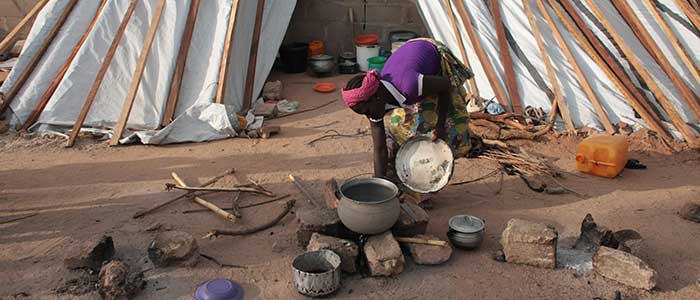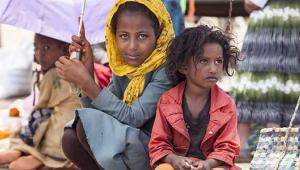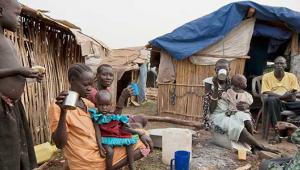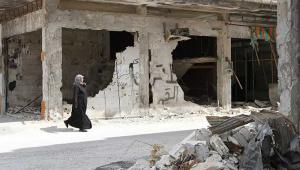refugee camp nigeria lake chad.jpg

A woman cooks in a Nigerian refugee camp
UN humanitarian chief Stephen O’Brien announced the allocation from the Central Emergency Response Fund yesterday to support those in Nigeria and the Lake Chad region where violence perpetrated by terrorist group Boko Haram is causing the humanitarian situation to deteriorate.
“Many people have lost everything. Hundreds of thousands of women and children continue to bear the brunt of Boko Haram violence, said O’Brien. “Saving lives and protecting people in the region is at the centre of the humanitarian response.”
An estimated 2.7 million people, including 1.5 million children, have been displaced in the region, which houses one of the fastest growing displacement crises on the continent.
People affected are in urgent need of food, drinking water, shelter, health care, protection and education. The funds from the CERF will provide assistance to some 1.7 million people in four affected countries.
Around $10m will bolster relief efforts in Nigeria, where scores of people are living in overcrowded camps in the north east of the country.
Humanitarian agencies in Cameroon, Chad and Niger will each receive $7m to allow for improved access to shelters, safe drinking water, sanitation and reproductive healthcare.
Many women and girls kidnapped by Boko Haram have endured physical and psychological abuse, forced labour or marriage and sexual slavery. Boys are forced to enrol as combatants.
Protection assistance supported by the funds will include prevention and response to sexual and gender-based violence across the four countries.
Boko Haram’s insurgency began in Nigeria in 2009, but during the course of last year their influence widened resulting in a wider regional conflict.
At least 17,000 people have died as a result of their rise, and more than 3,500 people died in 2015 alone.













